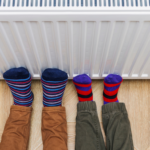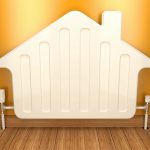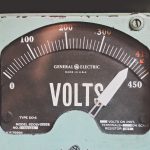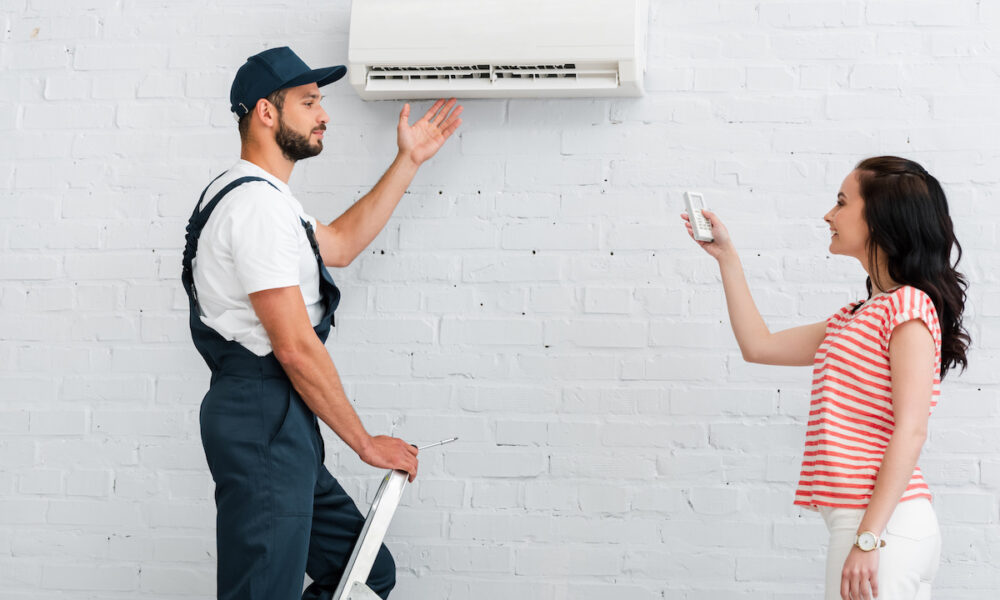
If you’re looking to upgrade your home’s heating and cooling system, you may have run into ductless heating and cooling systems as a potential option.
These systems have become increasingly popular thanks to their energy efficiency, convenience, and improved air quality.
However, as with any major home upgrade, there are pros and cons to consider before making the switch.
In this article, we’ll explain what a ductless heating and cooling system is and explore the advantages and disadvantages to help you determine if they’re the right choice for your home.
What is a Ductless Heating and Cooling System?
A ductless heating and cooling system, also known as a mini-split system, is a type of HVAC system that doesn’t require ductwork to distribute air throughout a building.
Instead, it heats and cools each room or area by using an outdoor unit to circulate refrigerant to individual indoor units. These indoor units can be wall-mounted or installed in the ceiling, and they are connected to the outdoor unit by a conduit that contains the refrigerant and power lines.
Each indoor unit can be controlled separately, allowing for zoned heating and cooling and increased energy efficiency.
Ductless systems are often used in homes or buildings where installing ductwork is not practical or cost-effective and there is a need for each individual room to control it’s own temperature.
If you’re considering installing a ductless heating and cooling system, consider the pros and cons listed below.
Advantages of Ductless Heating and Cooling Systems
Here are the top three pros of installing ductless heating and cooling systems.
Cost Savings
One of the primary advantages of ductless heating and cooling systems is cost savings.
Because these systems don’t rely on ductwork to distribute air throughout your home, they use less energy than traditional HVAC systems. This can result in reduced energy costs and a lower carbon footprint.
Additionally, you’ll save on installation costs because there’s no need to install ductwork.
Convenience
Ductless heating and cooling systems offer several convenient features that traditional HVAC systems don’t.
First, the installation process is much simpler and less invasive. Because there’s no need to install ductwork, installation can typically be completed in just one day.
Second, ductless systems allow for customizable room-to-room temperature control. This means you can adjust the temperature in each room individually, rather than relying on one thermostat to control the entire house. An excellent example of this would be a small apartment building or a hotel as each room or unit usually has its own thermostat.
Finally, ductless systems can be used for both heating and cooling, making them a versatile choice for any season.
Improved Air Quality
Another benefit of ductless heating and cooling systems is improved air quality.
Traditional HVAC systems rely on ductwork to distribute air throughout your home. Over time, and without proper preventative maintenance, dust and debris can build up in the ducts, leading to poor air quality.
Ductless systems, on the other hand, don’t rely on ductwork, which means there’s nowhere for dust buildup.
Additionally, many ductless systems come with advanced filtration systems that can remove allergens and other harmful particles from the air. This can be especially beneficial for those with allergies or respiratory issues.
Flexibility
Another advantage of ductless heating and cooling systems is their flexibility in terms of installation.
Because they don’t require ductwork, they can be installed in a variety of locations and configurations to meet your specific heating and cooling needs.
This means that you can choose to install them in rooms or areas that are difficult to heat or cool with traditional HVAC systems, such as basements or attic spaces.
Additionally, indoor units can be easily mounted on walls or ceilings, which can help save valuable floor space.
This flexibility makes ductless systems a great option for homes or buildings with unique or challenging heating and cooling requirements. However, you should still consult with a professional because they may have a more efficient and cheaper option.
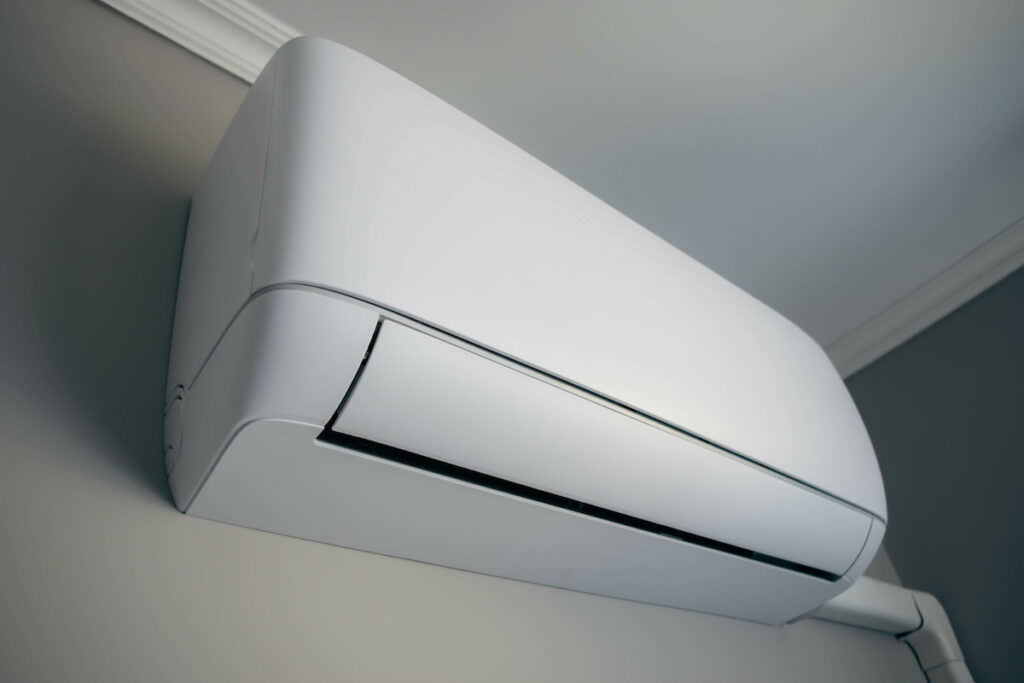
Disadvantages of Ductless Heating and Cooling Systems
Here are several cons to installing ductless heating and cooling systems.
Upfront Cost
One of the biggest drawbacks of ductless heating and cooling systems is the upfront cost. While you’ll save money in the long run due to reduced energy costs and installation expenses, the initial investment can be significant. Depending on the size of your home and the number of units needed, the cost of a ductless system can range from a few thousand to tens of thousands of dollars.
You may want to talk with an expert to weigh out the costs of installation.
Aesthetics
Another potential drawback of ductless systems is aesthetics. While many people appreciate the sleek, modern look of ductless indoor units, others find them to be an eyesore.
Depending on the layout of your home, it may be difficult to find a suitable location for the indoor unit.
Additionally, the outdoor unit can be bulky and unsightly, especially if it needs to be installed on the side of your house. Keep this in mind when making a decision.
Noise Level
Ductless systems are typically quieter than traditional HVAC systems, but they can still produce some noise. This is especially true if the indoor unit is located in a bedroom or other quiet area of the house.
However, most ductless systems come with a “quiet mode” feature that reduces the noise level during operation. Still, it’s a disadvantage not to be overlooked.
Ductless Heating and Cooling Systems are Not Ideal for Large Spaces
While ductless systems are great for small to medium-sized homes, they may not be the best choice for larger homes.
Efficiency drops with increased square footage, meaning you may need multiple indoor units to adequately heat or cool a larger space. This can significantly increase the upfront cost of the system as you’ll be required to pay for each individual unit that is installed.
Requires Maintenance and Upkeep
Like any heating and cooling system, ductless systems require maintenance and upkeep to operate efficiently.
Here are some of the maintenance and upkeep tasks required:
- Cleaning or replacing the indoor unit filters on a regular basis to prevent dust and debris buildup and maintain good air quality.
- Cleaning the outdoor unit to prevent debris from blocking the airflow and reducing system efficiency.
- Checking the refrigerant level and making any necessary adjustments to ensure the system is operating at peak performance.
- Inspecting the electrical connections and wiring to ensure they are secure and functioning properly.
- Checking the system for any leaks or other signs of wear and tear that may require repairs.
It’s important to have a licensed and qualified HVAC professional perform regular maintenance on your ductless system to ensure it operates efficiently and safely.
They will also be on the lookout for potential issues before they turn into major problems, which will save you money in the long run.
Considerations when Deciding if Ductless Heating and Cooling Systems are Right for You
When deciding if a ductless heating and cooling system is right for your home, there are several factors to consider.
Your Heating and Cooling Needs
To start the decision-making process, you need to assess your heating and cooling needs. Ductless systems are best suited for small to medium-sized homes. If you have a larger home, you may need to install multiple indoor units to keep your space comfortable.
Your Budget
Your budget will play a major role in your decision. Consider the upfront cost and weigh it against the long-term energy savings. These two factors will work hand in hand as you make a decision on your heating and cooling system.
Your Style
Next, think about the aesthetics of the system. How will it look in your home?
While many people find ductless systems to be modern and sleek, others may find them to be a bit of an eyesore.
Additionally, you should consider the placement of the indoor and outdoor units to ensure they won’t be obstructive or cause any noise disturbance.
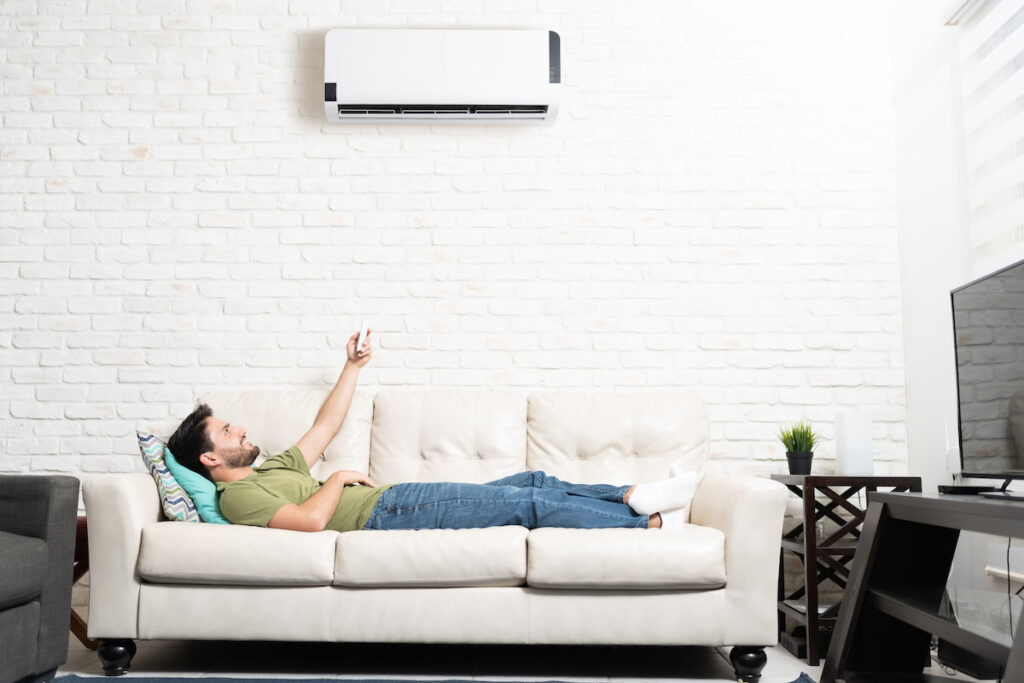
Your Time
Finally, it’s important to factor in maintenance and upkeep.
While ductless systems require less maintenance than traditional HVAC systems, regular upkeep is still necessary to keep the system running efficiently.
As you weigh out each of these considerations, reach out to our team at Veterans AC & Heat. We’ll walk you through the decision-making process while providing you with our expert advice on each heating and cooling system option.
Final Thoughts and Recommendations for Ductless Heating and Cooling Systems
Overall, ductless heating and cooling systems offer several advantages, including cost savings, convenience, and improved air quality.
However, there are also some potential drawbacks, such as the upfront cost and aesthetics.
When deciding if a ductless system is right for your home, it’s important to consider your:
- Heating and cooling needs
- Budget
- Style
- Time
If you’re interested in a ductless system, it’s important to work with a licensed and reputable HVAC contractor, like our team at Veterans AC & Heat. We can help you determine the best system for your home and ensure it’s installed correctly.
With proper installation and maintenance, a ductless system can provide efficient and comfortable heating and cooling for years to come.
